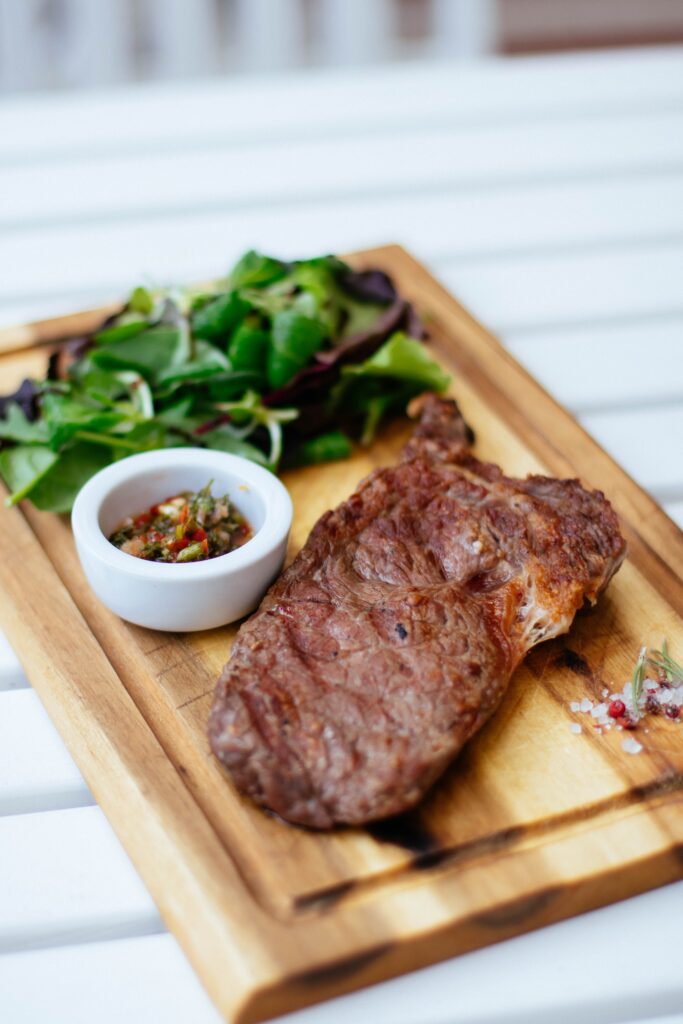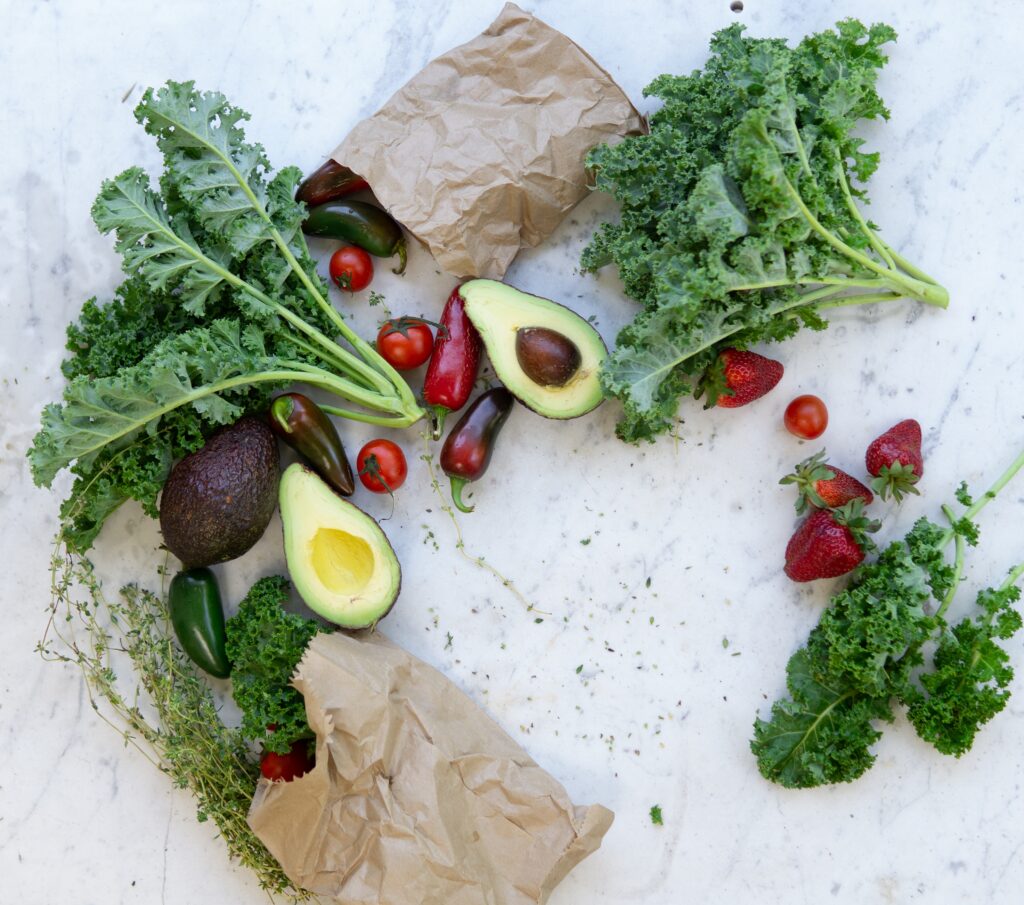We know that we need to look after are unborn babies during pregnancy, which translates to taking care of ourselves.
Pregnancy goes through many phases, and knowing what to do correctly in each phase is key to ensuring you supply yourself, as well as your baby with the right nutrients for energy and growth. It is very easy to suffer from complications during these pregnancy stages, and many mums don’t know this, but anaemia is one of the main causes of you feeling lethargic during the last phases.

Not having enough energy and red blood cells to pull you through can lead some mums to complicated pregnancies. As stated by medical negligence practitioners at Gadsby Wicks Solicitors during our research for example, you can experience trauma as a result of surgery or the birthing process itself. To avoid this happening, first and foremost look after yourself and your baby so when the time comes to give birth there are few if any complications that doctors will need to deal with.
So, how do you make sure you don’t suffer from anaemia? Below are a few suggestions.
Common Causes of Anemia in Pregnant Women
Two of the most common ways you can suffer from a lack of iron are:
- If you are not getting enough folate-rich and iron foods, you can suffer from anaemia.
- If there is an increase in the destruction of red blood cells in your body, this too can lead to the issue.
This can lead to you becoming weak and tired. In order to rectify this, the suggestions below will help.
Suggestions for Iron-Rich Foods

Eating foods rich in iron and folate should be the first thing to do. Examples would be:
- Eggs
- Fish
- Meat
- Chicken
- Fortified grains
- Dark Leafy green vegetables
- Dried beans, lentils and peas
- Tofu
- Diced potatoes
- Sauerkraut
- Tuna
- Oatmeal
- Orange juice
- Wheatgerm
More suggestions can be found here.

Not everyone likes the taste of vegetables like broccoli, spinach and kale, so find good ways to hide them in your food such as making a salad with other tasty and beneficial ingredients like nuts and seeds to help you enjoy the meal.
It is always beneficial to take specific vitamins and minerals with your food. For instance, prenatal multivitamins are a great source of supplement for pregnant women because they contain the majority of essential minerals your body, as well as your baby’s body, needs.
It’s also worth noting that iron deficiency during pregnancy is bad news for your oral health according to this reliable dentist in vienna. Iron and other vitamins are essential in maintaining healthy teeth and gums. If your teeth do not get these nutrients, you will become more prone to periodontal diseases and tooth decay.
Always make sure what you put in your mouth takes into consideration your unborn baby, as there are foods that can also harm both of you. If in doubt, speak to your Midwife.


1 comment